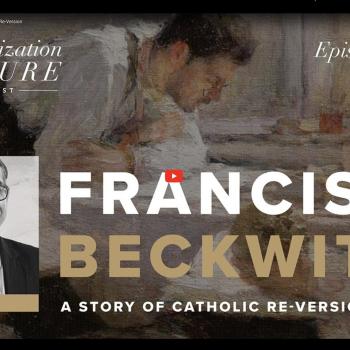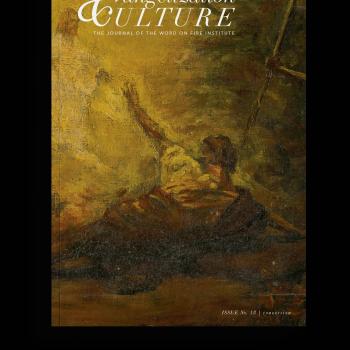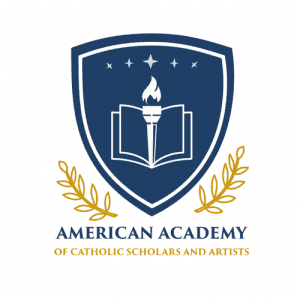Over a year ago Harper Collins sent me a gift copy of Dallas Willard’s new book, Knowing Christ Today: Why We Can Trust Spiritual Knowledge. Soon after I received the book I came across Stan Guthrie’s review of it in which Guthrie quotes from a piece I published in First Things’ On the Square. It is an essay in which I offer an assessment of Notre Dame’s awarding an honorary doctorate to President Barack Obama.
In that piece I make these comments, which Guthrie quotes in his review:
Unless the university does not believe that the Church’s understanding of the moral law is true and knowable, it can no more in good conscience award an honorary doctorate of laws to a lawyer who rejects the humanity of the proper subjects of law than it could in good conscience award an honorary doctorate in science to a geocentric astronomer who rejects the deliverances of the discipline he claims to practice.
At some point, a Christian university must recognize that the truth it claims to know matters, even if the truth is unpopular, and even if the propagation and celebration of that truth may put one’s community at odds with those persons and centers of influence and power that dispense prestige and authority in our culture.
Willard, a philosophy professor at the University of Southern California, overtly defends what I merely suggest in my piece: the loss of confidence in theological truths in both inside and outside of Christian communities is the result of the academic and popular culture abandoning the idea that theological traditions, and moral notions deeply connected to them, can be real and trustworthy sources of knowledge.
So, when I read Guthrie’s review, I thought I should read Willard’s book as soon as possible. For it seemed from the review that what Willard is saying is similar to some things I have been thinking about over the past couple of years concerning some of the issues that deeply divide Americans, e.g., abortion, homosexuality, embryonic stem-cell research, etc. (See, for example, my 2009 article in the Journal of Law and Religion [“Must Theology Always Sit in the Back of the Secular Bus?: The Federal Courts’ View of Religion and Its Status As Knowledge”] as well as my 2009 piece in Logos: A Journal of Catholic Thought & Culture [“Faith, Reason, and the Christian University: What Pope John Paul II Can Teach Christian Academics“]). Although Willard is an ordained Baptist minister, much of what he writes will resonate with Catholics who are familiar with similar ideas found in the writings of John Henry Cardinal Newman (e.g., The Idea of a University) and Joseph Ratzinger (Pope Benedict XVI) (e.g., Truth and Tolerance).
Willard also extols the importance of the spiritual disciplines–such as contemplative prayer, solitude and silence, fasting, confession, and works of charity–in the allowing of God’s unmerited grace to inwardly transform us into the image of Christ. He writes: “Spiritual disciplines are things we can do to increase our receptivity to grace. Grace is God acting in our lives to accomplish what we cannot do on our own…. These practices are not ways of earning favor from or impressing either God or other people. They are simply wise ways of opening ourselves to the `Presence” ever more fully. They are avenues of knowing Christ now.” (p. 159) This is very close to the view of grace presented in the Catechism of the Catholic Church, which in one place states:
The merit of man before God in the Christian life arises from the fact that God has freely chosen to associate man with the work of his grace. The fatherly action of God is first on his own initiative, and then follows man’s free acting through his collaboration, so that the merit of good works is to be attributed in the first place to the grace of God, then to the faithful. Man’s merit, moreover, itself is due to God, for his good actions proceed in Christ, from the predispositions and assistance given by the Holy Spirit….
Since the initiative belongs to God in the order of grace, no one can merit the initial grace of forgiveness and justification, at the beginning of conversion. Moved by the Holy Spirit and by charity, we can then merit for ourselves and for others the graces needed for our sanctification, for the increase of grace and charity, and for the attainment of eternal life. Even temporal goods like health and friendship can be merited in accordance with God’s wisdom. These graces and goods are the object of Christian prayer. Prayer attends to the grace we need for meritorious actions.
There are two or three places in the book where Catholics will part ways with Willard, but they are so minor one may not even catch them. In any event, I highly recommend this book to anyone interested in knowing what it means to think of theology as knowledge and what it means to apply that understanding to one’s walk with Christ.

















